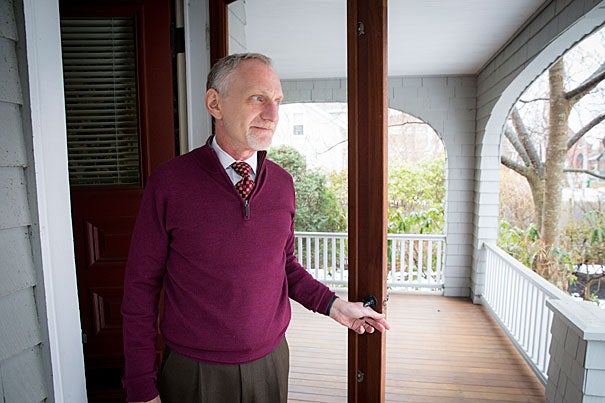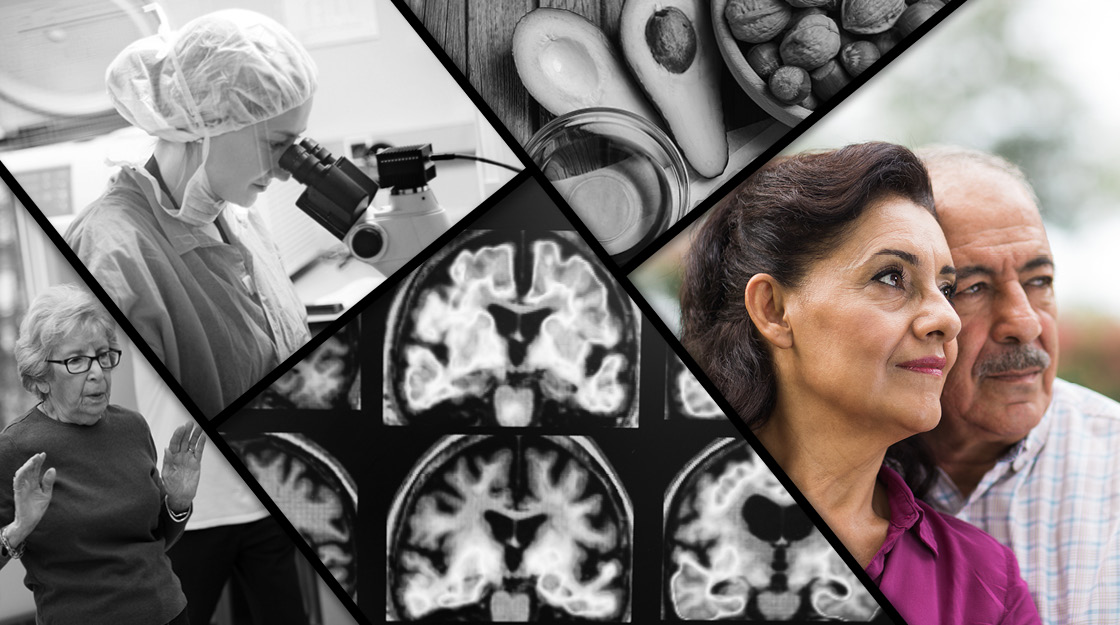He recorded his TED talk, titled “What Makes a Good Life? Lessons from the Longest Study on Happiness,” in 2015, and it has been viewed 13,000,000 times.
The researchers also found that marital satisfaction has a protective effect on people’s mental health. Part of a study found that people who had happy marriages in their 80s reported that their moods didn’t suffer even on the days when they had more physical pain. Those who had unhappy marriages felt both more emotional and physical pain.
Those who kept warm relationships got to live longer and happier, said Waldinger, and the loners often died earlier. “Loneliness kills,” he said. “It’s as powerful as smoking or alcoholism.”
According to the study, those who lived longer and enjoyed sound health avoided smoking and alcohol in excess. Researchers also found that those with strong social support experienced less mental deterioration as they aged.
In part of a recent study, researchers found that women who felt securely attached to their partners were less depressed and more happy in their relationships two-and-a-half years later, and also had better memory functions than those with frequent marital conflicts.
“Good relationships don’t just protect our bodies; they protect our brains,” said Waldinger in his TED talk. “And those good relationships, they don’t have to be smooth all the time. Some of our octogenarian couples could bicker with each other day in and day out, but as long as they felt that they could really count on the other when the going got tough, those arguments didn’t take a toll on their memories.”
Since aging starts at birth, people should start taking care of themselves at every stage of life, the researchers say.
“Aging is a continuous process,” Waldinger said. “You can see how people can start to differ in their health trajectory in their 30s, so that by taking good care of yourself early in life you can set yourself on a better course for aging. The best advice I can give is ‘Take care of your body as though you were going to need it for 100 years,’ because you might.”
The study, like its remaining original subjects, has had a long life, spanning four directors, whose tenures reflected their medical interests and views of the time.
Under the first director, Clark Heath, who stayed from 1938 until 1954, the study mirrored the era’s dominant view of genetics and biological determinism. Early researchers believed that physical constitution, intellectual ability, and personality traits determined adult development. They made detailed anthropometric measurements of skulls, brow bridges, and moles, wrote in-depth notes on the functioning of major organs, examined brain activity through electroencephalograms, and even analyzed the men’s handwriting.
Now, researchers draw men’s blood for DNA testing and put them into MRI scanners to examine organs and tissues in their bodies, procedures that would have sounded like science fiction back in 1938. In that sense, the study itself represents a history of the changes that life brings.
Psychiatrist George Vaillant, who joined the team as a researcher in 1966, led the study from 1972 until 2004. Trained as a psychoanalyst, Vaillant emphasized the role of relationships, and came to recognize the crucial role they played in people living long and pleasant lives.
In a book called “Aging Well,” Vaillant wrote that six factors predicted healthy aging for the Harvard men: physical activity, absence of alcohol abuse and smoking, having mature mechanisms to cope with life’s ups and downs, and enjoying both a healthy weight and a stable marriage. For the inner-city men, education was an additional factor. “The more education the inner city men obtained,” wrote Vaillant, “the more likely they were to stop smoking, eat sensibly, and use alcohol in moderation.”
Vaillant’s research highlighted the role of these protective factors in healthy aging. The more factors the subjects had in place, the better the odds they had for longer, happier lives.
“When the study began, nobody cared about empathy or attachment,” said Vaillant. “But the key to healthy aging is relationships, relationships, relationships.”
The study showed that the role of genetics and long-lived ancestors proved less important to longevity than the level of satisfaction with relationships in midlife, now recognized as a good predictor of healthy aging. The research also debunked the idea that people’s personalities “set like plaster” by age 30 and cannot be changed.
“Those who were clearly train wrecks when they were in their 20s or 25s turned out to be wonderful octogenarians,” he said. “On the other hand, alcoholism and major depression could take people who started life as stars and leave them at the end of their lives as train wrecks.”

The study’s fourth director, Waldinger has expanded research to the wives and children of the original men. That is the second-generation study, and Waldinger hopes to expand it into the third and fourth generations. “It will probably never be replicated,” he said of the lengthy research, adding that there is yet more to learn.
“We’re trying to see how people manage stress, whether their bodies are in a sort of chronic ‘fight or flight’ mode,” Waldinger said. “We want to find out how it is that a difficult childhood reaches across decades to break down the body in middle age and later.”
Lara Tang ’18, a human and evolutionary biology concentrator who recently joined the team as a research assistant, relishes the opportunity to help find some of those answers. She joined the effort after coming across Waldinger’s TED talk in one of her classes.
“That motivated me to do more research on adult development,” said Tang. “I want to see how childhood experiences affect developments of physical health, mental health, and happiness later in life.”
Asked what lessons he has learned from the study, Waldinger, who is a Zen priest, said he practices meditation daily and invests time and energy in his relationships, more than before.
“It’s easy to get isolated, to get caught up in work and not remembering, ‘Oh, I haven’t seen these friends in a long time,’ ” Waldinger said. “So I try to pay more attention to my relationships than I used to.”


